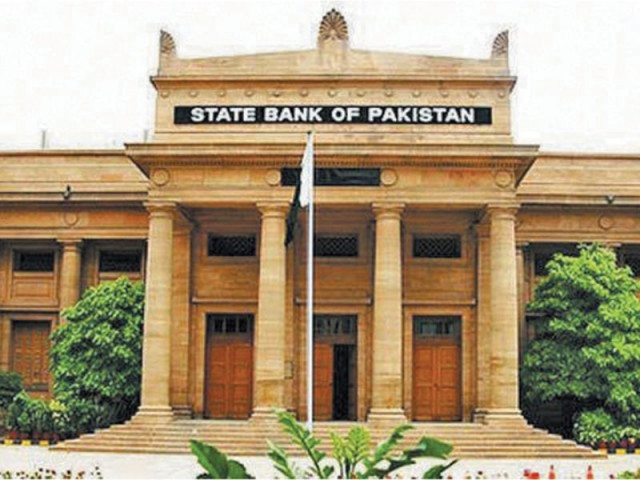Islamabad:
Pakistan State Bank (SBP), an acting vice-governor, Dr. Inayat Hussain, warned Wednesday that the government’s decision to reduce subsidies for the promotion of foreign funds, which reached a record of $ 38 billion, could reduce the flow thanks to the banking channels.
The press release came in the midst of a disagreement between the federal government and the Central Bank on subsidies at the new year 2025-2026, under the fund transfer initiative (PRI). The Ministry of Finance has not assigned any sum for the program while the Central Bank has also shown its inability to provide funds.
The measures that the Government has taken up the sending of funds to the informal sector, said Inayat Hussain at a meeting at a meeting of the Senatorial Finance Committee. Directed by Senator Saleem Mandviwalla, the committee had called the SBP to explain the reasons for the faster increase in subsidies in relation to funding. In recent years, subsidies have increased five times compared to an increase of only twice in funding, said Mandviwalla.
The central bank reported on Wednesday that workers’ shipments had increased by 26.6% to 38.3 billion dollars during the financial year. Pakistan has become the fifth recipient of sending foreign funds worldwide.
The Government of the Pakistani peoples party launched the PRI in 2009 when the amount given by the Pakistani abroad was only $ 7.8 billion. Shipments of funds are now the greatest source of foreign income, which are even 6 billion dollars higher than exports.
However, last month, the government considerably reduced payment incentives and allocated anything in the budget for this exercise compared to 85 billion rupees for the last financial year.
Against the allowance of 85 billion rupees, the central bank billed 200 billion rupees at the Ministry of Finance. On the total cost, around 85%, or 170 billion rupees, was a telegraph transfer program (TT).
Additional financial secretary, Amjad Mehmood, told the Standing Committee that the federal firm had approved the program review following a summary moved by the Ministry of Finance.
Development occurred in the midst of increasing pressure on the Roupie, which has further depreciated to RS284.5 on the interban market. On the free market, the rate was approximately RS288 for the dollar in the gray market, the rate has crossed RS290, according to market players. The central bank published a circular last week on the revisions of the payment regime, which shows a substantial reduction in the benefits for banks and exchange companies.
Inayat Hussain told the Committee that the government had raised the minimum size of transactions eligible to $ 200 and introduced a stable discount of 20 Saudi Riyal (SAR) by eligible transaction, from July 1, 2025. The old rate was from SAR20 to SAR35, which the government reduced by 43%.
The TT Fresh diet offers a zero and free transfer model to the sender and the receiver for eligible payment transactions. The old model offered an incitement to the reimbursement of SAR20 for each transaction worth $ 100 and more, an incentive by additional transaction up to 10% on growth compared to the previous year and additional SAR7 transaction for growth greater than 10% compared to the previous year.
The federal government has also decided that a mechanism should be established to gradually eliminate the incentive regimes for funding. In this regard, the SBP would propose and present a plan based on evidence taking into account the cost-to-dispatches analysis of existing schemes, the integration of Raast with the Buna and Sama bridges, and strengthening controls towards the transfer of discounts through formal channels. The central bank’s vice-government expressed its concerns about these changes and any future plan to interrupt the program. “The scheme is very critical of providing sending of informal sector to the formal sector,” he said.
The government has also abolished the exchange program for exchange companies (ECIS) under which these companies reached RS4 by dollar in government grant.
People attributed the increase in funding to the financial action (FATF) by foreign governments, but the fact is that funding was so weak that they are not the competence of the FATF, said Hussain.
The vice-governor said that it was wrong to say that only banks benefited from the program because foreign conductors were also the beneficiaries.
Despite the reduction in the advantages of July 1, the Ministry of Finance did not allocate money for the payment scheme.




